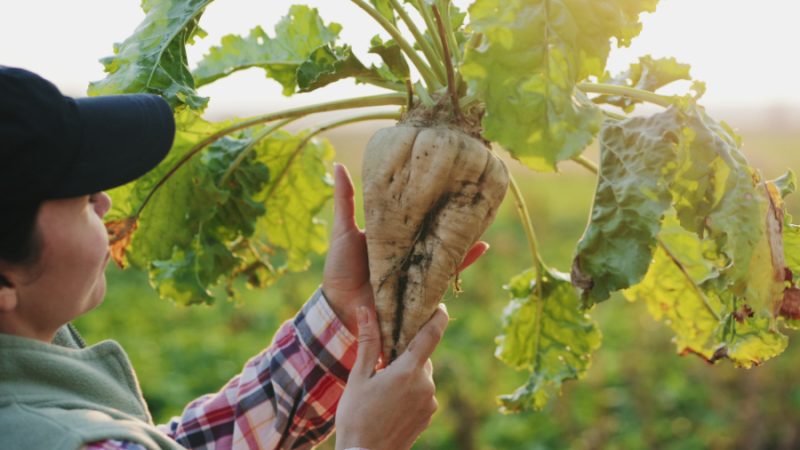Plants, which are the primary source of food and animal feed, are not only affected by diseases during their growth but also following harvest and subsequent storage. Especially fungi that can efficiently degrade organic matter cause substantial losses of this valuable resource. Such losses can be prevented if adequate countermeasures are implemented. A recent study demonstrates how microbial markers can be used for the early detection of disease progression. Reliable biomarkers can be specifically targeted in the future to reduce food waste and to improve the storability of agricultural goods.
Microbiome analyses provide a powerful tool to explore complex microbial communities by combining next-generation sequencing with bioinformatic processing of large datasets. Often hundreds of different microorganisms are simultaneously analyzed in order to understand their implications in health and disease of their hosts. However, microbiome studies often remain descriptive and the obtained results are not converted into applications that can reduce disease occurrence. A team of researchers from acib and Graz University of Technology has developed a targeted approach to identify biomarkers for the early detection of decay in sugar beets.
The industrial life cycle of sugar beet
The production of sugar primarily relies on sugar beets in all temperate regions of the world, which makes them one of the most important crops for the food industry. Currently, harvested sugar beets must be stored up to 60 days due to limited capacities of the processing facilities. During this storage period the sugar content can be drastically reduced by various saprophytic fungi that are common in beet clamps. By identifying biomarkers for disease progression during early stages of storage where no decay symptoms are visible, producers can more efficiently implement countermeasures.
Protecting sugar beet from fungi
Promising strategies include the deployment of beneficial microorganisms that can naturally protect the sugar beets from fungal degradation. In order to identify reliable biomarkers, large quantities of stored beets had to be analyzed with a combination of microbiological and molecular techniques. acibs’s partner Südzucker, a multinational corporation specialized on sugar production, has provided the required settings to conduct large-scale studies in Austria and Germany. Moreover, experts from the company have teamed up with researchers from ACIB and Graz University of Technology to correlate sugar losses in harvested beets with distinct microbial fingerprints that were obtained with state-of-the-art microbiome studies. The project has resulted in the identification of several biomarkers that indicate the health status of stored sugar beets and will likely find application in the future. Moreover, the findings provide a novel basis to reduce food waste by identifying biomarkers for the early detection of fungal diseases in various agricultural products.
This work is based on:
Kusstatscher P. et al.: Microbiome-driven identification of microbial indicators for postharvest diseases of sugar beets. 2019, Microbiome 7
Picture credits: Shutterstock
